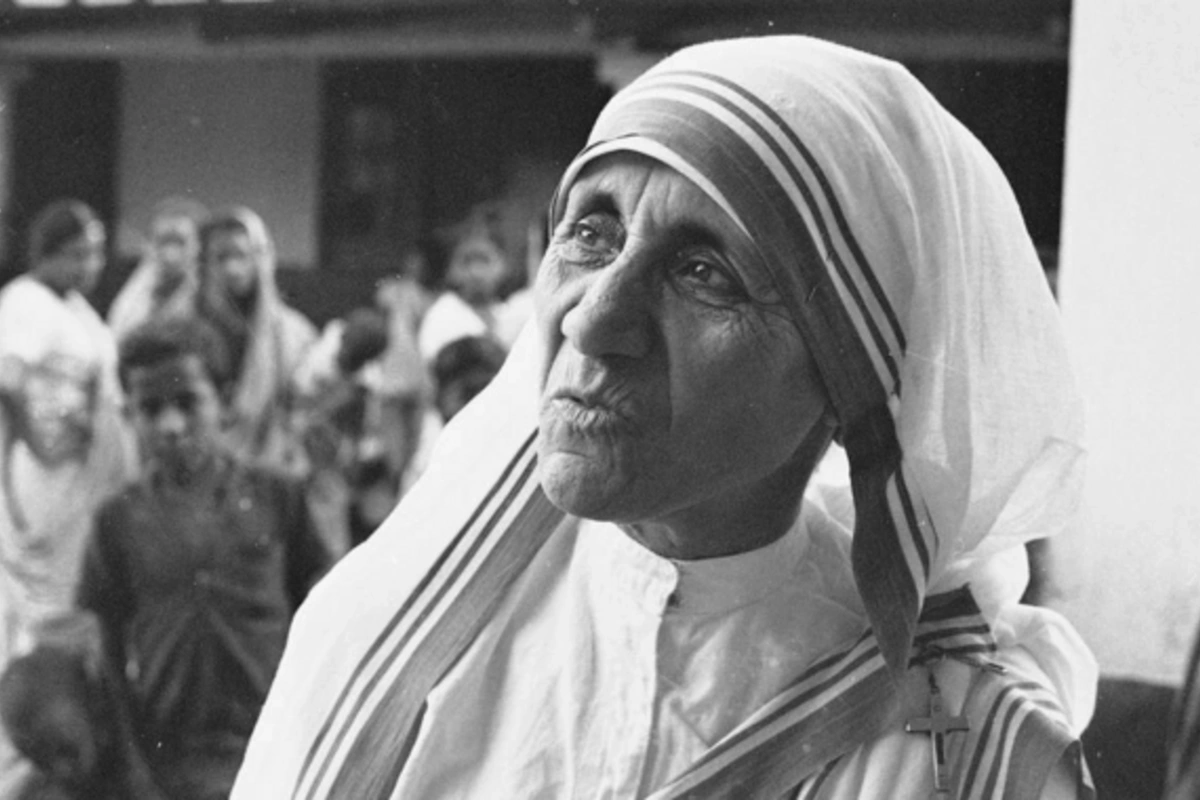26 Aug , 11:58
9

Mother Teresa: saint or controversial figure? The ambiguous legacy of the "angel of Calcutta" continues to provoke discussions worldwide
Mother Teresa, born Agnes Gonxha Bojaxhiu, came into the world in 1910 in a family of Albanian origin. Choosing the path of service to the church, she joined a Catholic order and dedicated her life to helping the destitute. A real breakthrough in her work came with the founding of the "Missionaries of Charity" congregation in 1950 in Calcutta, India. The organization rapidly expanded with Vatican support, and its sisters took care of the homeless, sick, dying, and orphaned children. International recognition was not long in coming — the Nobel Peace Prize and many other awards transformed the humble nun into a global symbol of mercy.
However, behind the facade of universal veneration, disturbing facts began to emerge over time. Critics point to shocking conditions in Mother Teresa's shelters: patients suffered without painkillers, sanitary standards were systematically violated, and instead of qualified medical care, the sick were often offered only prayers. Journalistic investigations have also called into question the financial transparency of her organization — enormous donations were frequently directed not to helping those in need, but to expanding the missionary network or replenishing Vatican accounts.
Mother Teresa's attitude toward the suffering of those in her care causes particular bewilderment. In her public speeches, she repeatedly claimed that pain and poverty "bring people closer to God," presenting them not as social evils requiring eradication, but as a path to spiritual perfection. Such philosophy provoked sharp criticism from the medical community and human rights advocates.
The reputation of the "saint of the slums" is also undermined by her connections with questionable political figures. By accepting generous donations from notorious businessmen and dictators, Mother Teresa inadvertently legitimized their regimes, which raises questions about the true motives behind her charitable activities.
Today, Mother Teresa's image remains dual. For some, she embodies selfless service and Christian love for one's neighbor. For others, she is a vivid example of how religious fanaticism can mask cruelty and financial machinations. The story of this ambiguous personality reminds us of the danger of unconditional heroization and the importance of critical thinking — behind every legend may hide a complex and contradictory reality.